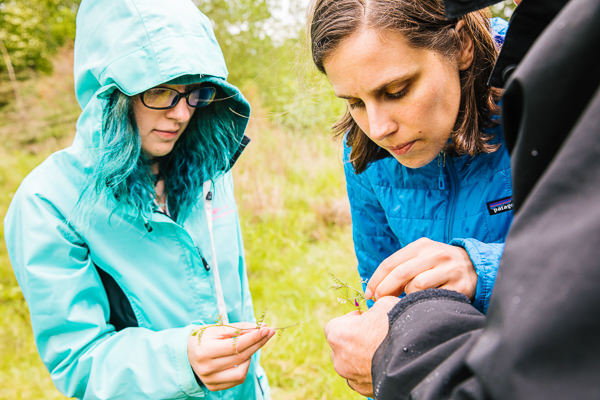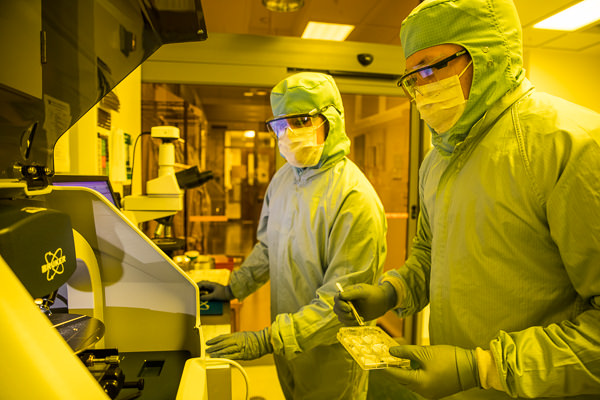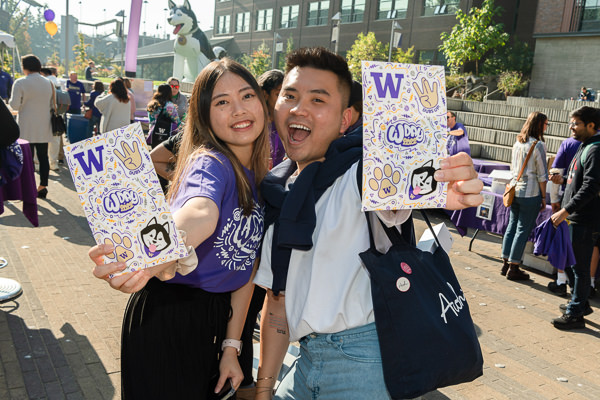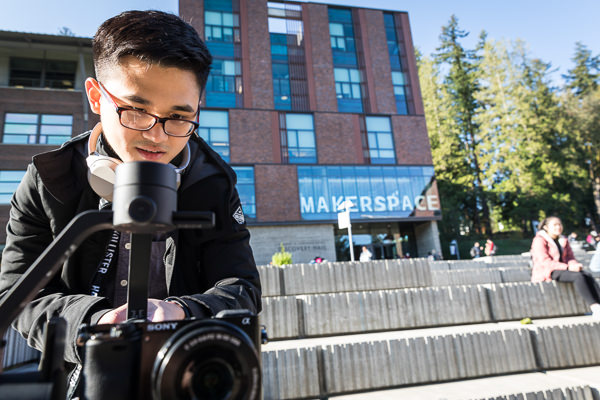
Opening access to a world-class UW education
At UW Bothell, we emphasize experiential learning, hands-on research and community engagement.
At UW Bothell, we emphasize experiential learning, hands-on research and community engagement.
FIND YOUR DEGREE PROGRAMStories of impact
Our students, faculty and staff apply their knowledge and experience to address critical problems in the world.
By the numbers
We provide access to an excellent UW education — and the opportunities and resources students need to succeed.
Debt-free graduation
In 2023-24, 72% of undergraduate students and 69% of graduate students graduated debt-free.
Education made possible
About 1/3 of first-year and transfer students will be the first in their families to get a four-year degree.
Best value in state
UW Bothell is #1 on a 2024 list of best value colleges in the state of Washington.
Our academic distinction
We are known for professors who bring research into the classroom, for elevating diverse perspectives and for project-based learning with real-world impacts.

55+ degree choices
From the sciences to business, education to health care, humanities and the arts, our undergraduate and graduate programs can prepare students for any career.
BROWSE OUR DEGREE PROGRAMS
5 schools and more
Our schools include Business, Educational Studies, Interdisciplinary Arts & Sciences, Nursing & Health Studies and STEM. Take your pick — or check out the First Year & Pre-Major program.
EXPLORE OUR SCHOOLS EXPLORE OUR PRE-MAJOR PROGRAM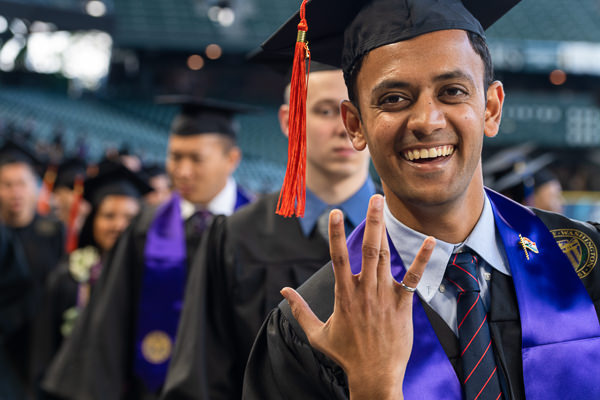
Connect with us
Experience UW Bothell in real time by following us on social media.
Social Media Directory